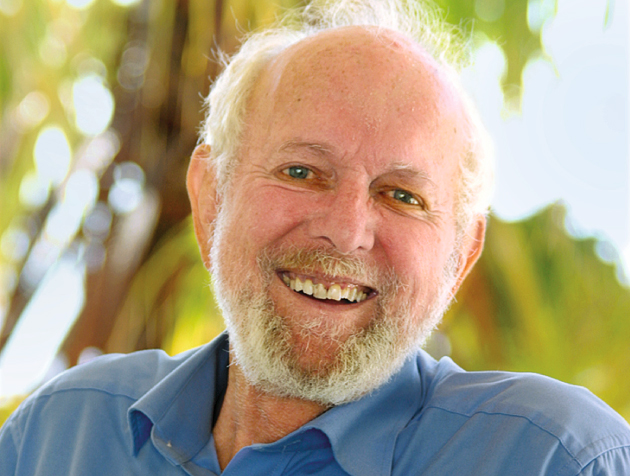“Horrifying.” “Scandalous.”
Those were the responses by Professor Ernst Ulrich von Weizsäcker to the situation in South Sudan and to the alleged role played by Petronas, the Malaysian petroleum giant, which is accused of causing the distressful situation.

Professor von Weizsäcker, one of the world’s most respected environmental scientists and policy-makers, had appraised details of the suffering and culpability in a letter sent to him on April 2016.
The letter was from Sign of Hope, a Germany-based NGO devoted to providing humanitarian assistance to the people of South Sudan. The group does its work by identifying – through systematic field work – and trying to remedy one of the many causes of the people’s suffering: their consumption of water laden with poisons emanating from the pumping of oil.
Sign of Hope says it wrote to Dr. von Weizsäcker because the professor he is a member of Daimler AG’s Advisory Board for Integrity and Corporate Responsibility. As such, he is also responsible for ensuring that the company lives up to the high-minded ethical and environmental principles that it espouses in a variety of codes and manuals.
In a recent media statement, officials of Sign of Hope disclosed: “One of those principles: doing business with only those companies that also adhere to such principles. And that is precisely what Daimler’s partner Petronas, the Malaysian oil giant, has not been doing. It holds major stakes in South Sudanese consortia that are responsible for the polluting of the water with lead and other heavy metals, with salts and with other contaminants – according to the findings scientifically and systematically put together by Sign of Hope.
“As Sign of Hope has been documenting for the last eight years, the lives and livelihoods of at least 180,000 people, their livestock and the environment have been devastated by the consortia’s greed-motivated, environmental principles-violating procedures.”
Dr. von Weizsäcker’s was quoted in the statement to have responded to the letter thus: “You have called upon me to get involved in causing Daimler to cease or at least freeze all business ties with Petronas – until the latter lives up to its responsibilities. Your call entirely corresponds to my interests in this matter.”
According to the group, the story of its struggle to stop the suffering in South Sudan is told in the recently-released book “Oil, Power and a Sign of Hope”, which can be procured at http://www.ruefferundrub.ch/buecher/zeitfragen/item/348-oil-power-and-a-sign-of-hope.
Dr. von Weizsäcker’s distinguished career includes stints as the president of the University of Kassel; director of the UN’s Centre for the Sciences and Technology; director of the Institute for European Environmental Policies; president of the Wuppertal Institute for the Climate, Environment and Energy; MP in the Bundestag (Germany’s parliament); and, since 2012, co-president of the Club of Rome.
For more than 30 years, Sign of Hope has been working to protect the rights of the world’s people and to meet their needs for assistance. Headquartered in Konstanz, Germany, the organisation’s work is informed by Christian principles. Sign of Hope is not affiliated with any denomination.
